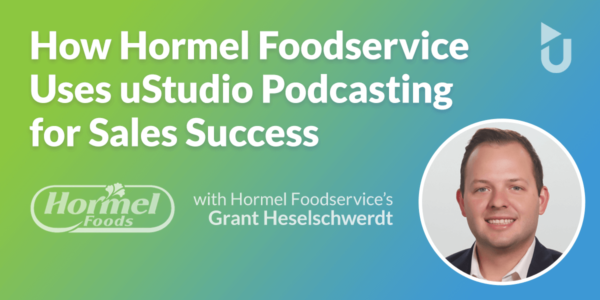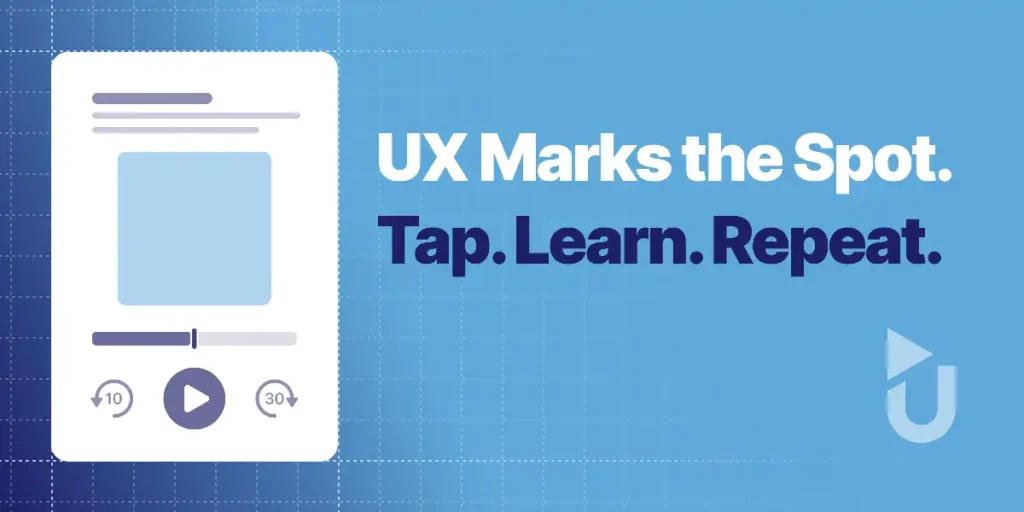How Hormel Foodservice’s sales training team started using podcasts to increase product knowledge and onboard new reps
uStudio Staff | Customer Spotlight, Internal Communications, Podcasting, Sales, Training & Learning

Hormel set out to make better use of their sales team’s windshield time on the road by using podcasts to arm them with audio versions of relevant training materials. In our most recent customer webinar, Hormel Foodservice’s Sales Training Manager, Grant Heselschwerdt, explained that podcasting has given their team access to learning and development in ways that traditional forms of training could not.
During our discussion with Grant, he shared how Hormel’s enablement podcast has improved their training process and allowed reps to better understand the customer experience while in turn having a positive impact on the company’s culture and talent churn.
Here are a few highlights:
(15:00) - Grant explains his process for collecting feedback and key insights from his audience in order to drive more podcast adoption, which has been particularly useful as part of their podcast relaunch post pandemic.
(23:40) - Grant keys in on the benefits Hormel has experienced with corporate podcasting including but not limited to more effective sales training, low employee turnover, greater connection with Hormel’s customers and an increased sense of inclusion and belonging.
(32:50) - Grant shares his pragmatic approach to the 2023 plan for continuous content improvement using data and analytics available in uStudio. His goal is to increase adoption and further engagement.
As always the entire webinar and transcript are available to watch, listen or read.


